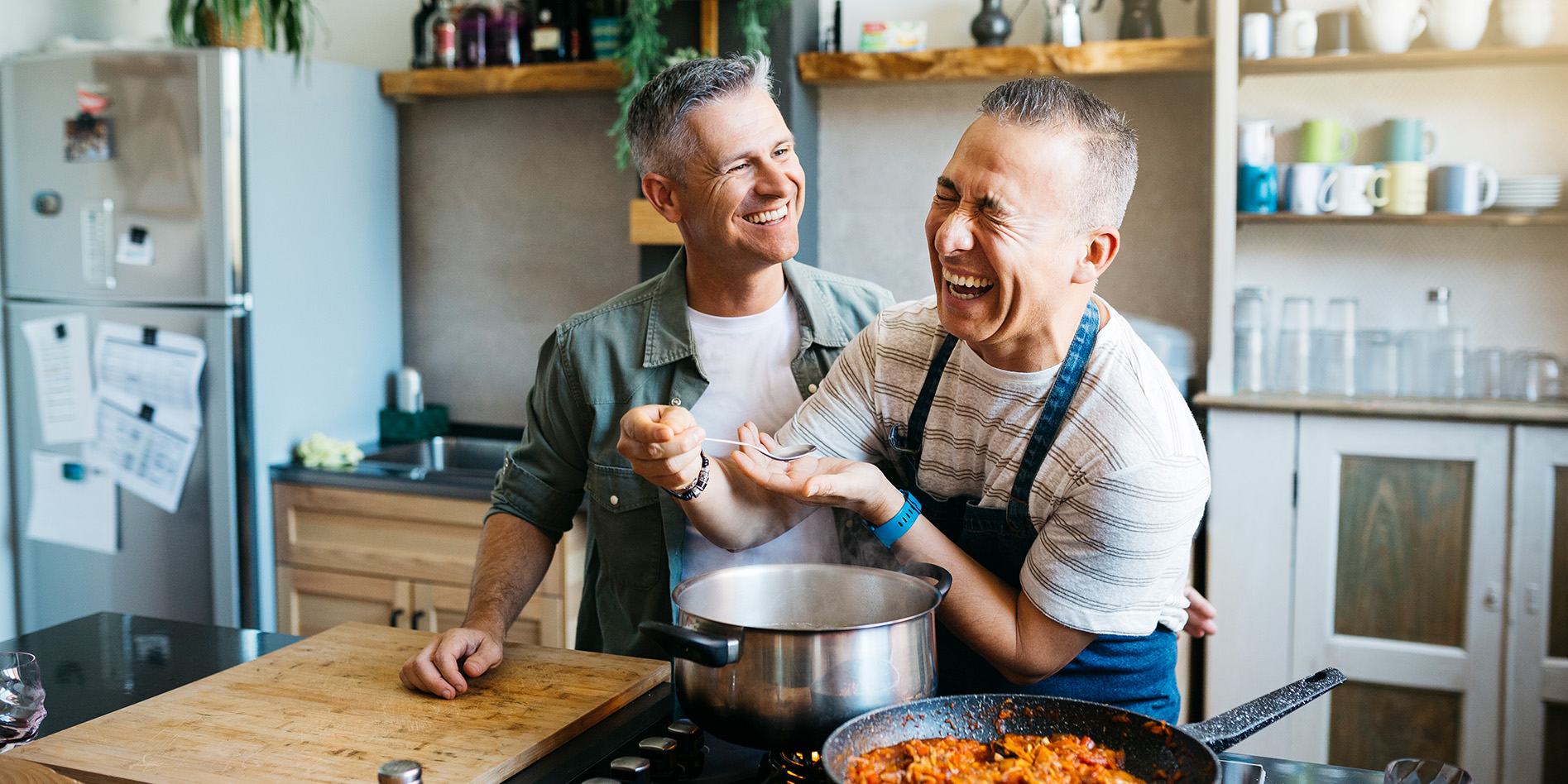How Food Can Help Support People Living with Cancer – an interview with a gastroenterologist
Physical HealthArticle9 June 2023
Cancer is a complex disease that affects millions of people every year. While there are many different treatments available, including surgery, chemotherapy and radiation therapy, there is growing evidence that nutrition can play an important role in supporting people living with cancer. To learn more, we spoke with our inhouse medical officer and previous gastroenterologist Dr David Lloyd who has many years of experience managing patients with gastrointestinal cancer.
Q: What are some of the most important ways that nutrition can support people living with cancer?
A: Nutrition plays a significant role in cancer care. A nutrient dense diet can help support the body and in particular immune system which is often weakened by cancer treatments. It can also help manage cancer symptoms and maintain energy levels.
Q: Can cancer treatments affect a patient’s nutrition, and if so, how?
A: Yes, cancer treatments such as chemotherapy, radiation therapy, and surgery can cause a range of side effects that make it hard to eat well. For example, chemotherapy can cause nausea, vomiting, changes in taste and smell, and mouth sores, while radiation therapy to the head, neck, oesophagus, stomach, or intestines can cause difficulty swallowing, nausea, vomiting, and diarrhea. Surgery can also affect nutrition by increasing the body’s need for nutrients and energy and affecting the body’s ability to digest food.
Q: Are there any specific nutrients or foods that people living with cancer should focus on?
A: It's important for individuals with cancer to maintain a healthy diet, but it's equally important not to put too much pressure on themselves regarding what they eat. The most critical factor is to ensure that they are consuming enough food to meet their nutritional needs. Rather than focusing on strict dietary guidelines, it's beneficial to listen to their bodies and eat what feels comfortable and manageable for them.
Q: What support can cancer patients access if they want to better manage their nutrition during and after treatment?
A: A registered dietitian is a member of the healthcare team that helps cancer patients with treatment and recovery. They work with the patient and their families to develop an individualised nutrition plan tailored to specific needs and goals. This plan may involve addressing cancer symptoms and side effects that affect their ability to eat, developing strategies to maintain or increase their appetite, and managing any dietary restrictions or supplement needs. They can also offer guidance on how to incorporate nutrient-dense foods and hydration into their diet, as well as assist in navigating any food-related challenges they may face during and after treatment.
At Zurich, we care about whole health and diet is one of the fundamentals to healthy living. We understand every cancer journey is unique and we’re here to help you feel healthier with Zurich Evolve. If you or someone you know is living with cancer, read our holistic support guide.
